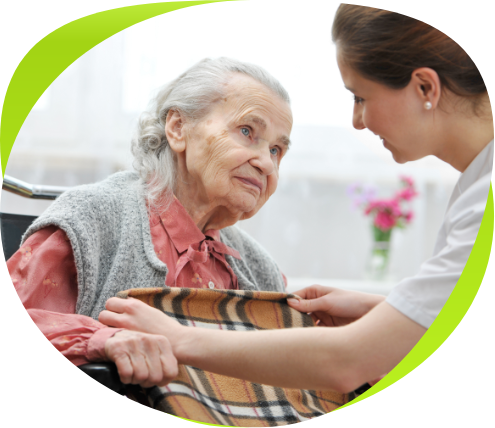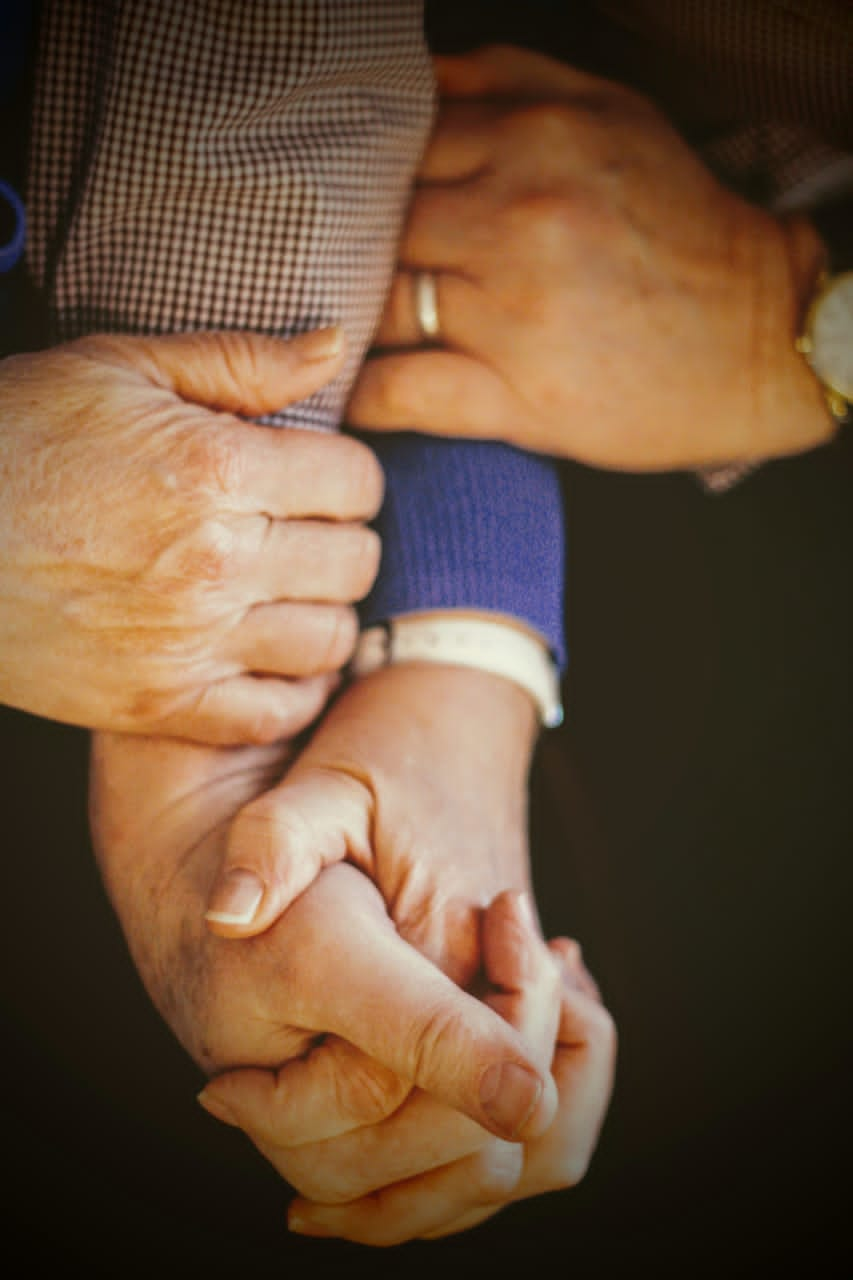Program and Services
Who is Al-Malath for?
Al-Malath is for anybody who needs our care and support. Our Program introduces a new global approach to patient care using palliative principles that improve the quality of life when curative care fails to achieve a cure.
Palliative care is provided to patients to help them live their days in comfort and dignity as much as possible, free from pain and suffering, with attention to all human aspects (physical, spiritual, social and psychological) of the patient and his/her family.
Al-Malath provides palliative care to patients in the comfort of their homes during the last months of their lives while providing full support to their families. It is important to emphasize that Al-Malath focuses on the quality of life regardless of its duration.
When the disease becomes exacerbated and beyond the ability of therapeutic facilities to achieve recovery or control the deterioration of health, this stage of palliative care emerges to replace the traditional therapeutic methods of treatment, which offers the best possible quality of life for patients and their families. Control of pain and other symptoms and support of psychological, social, and spiritual needs is an important part of the care we offer, which is rarely considered in traditional methods.
The concept of palliative care has evolved accurately over many years. It is a mixture of medical and emotional care that includes the patient and members of his/her family. Medical care focuses on controlling pain and physical problems and maintaining mental awareness and psychological purity.

Program and Services
WE ARE HERE FOR THE PATIENTS
Our respect for dignity and privacy of the patient is evident through our belief in the need to provide integrated care and permanent support. We achieve this by delivering care to our patients and enabling them to stay at home where they choose to be surrounded by family members.
And the use of the latest scientific methods to control pain and symptoms and improve the quality of life by keeping patients free from pain and suffering so that they can live in dignity and comfort during the last stages of illness.
Out of our deep belief in a patient’s human dignity and rights, Al-Malath gives patients full options and control over their situation, and helps them make the decisions that concern them and the treatments provided to them.
Program and Services
WE ARE HERE FOR THE FAMILIES
When a family member suffers from a terminal illness, the pain and psychological suffering associated with this experience become more than family members can bear on their own.
Family members become exhausted physically and psychologically by caring for their loved ones. The matter is made worse when the medical means available to treat their loved ones are unavailable and/or insufficient. Sometimes patients are not received in hospitals and transferred to their homes because there is nothing more the medical team can do to help. The family members are then faced with a state of anxiety about the future and how best to take care of their loved one who is clearly suffering from the illness. The family may also feel isolated from the world and worry that nobody cares for them anymore. Therefore, our service is also directed to family members and friends, through:
Providing continuous practical support by guiding and training family members to take on certain roles, tasks, and equip them with skills required to provide basic care for their patients at home. We will help family members provide the appropriate therapeutic atmosphere for the patient to reduce suffering and improve the quality of life in the remaining days.
Al-Malath provides psychological support by caring for their feelings and burden due to their intense relationships with their dying patient.We also believe that family members need support during the period of mourning and Al-Malath can offer this support.


Program and Services
How do you know the right time to start Al-Malath care?
Previous experience indicates some events that may require contacting the sanctuary, such as the supervision of the supervising doctor, the ineffectiveness of the remedial measures (especially in the case of cancer spread), or that treatments have become aimed at controlling symptoms without disease.
In addition to the presence of clear signs of tension and the increase in pressures so that the family feels with it that they are unable to control matters, at this time the sanctuary is called to provide aid and assistance.
